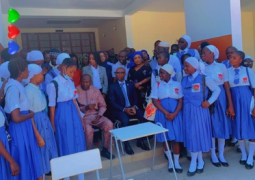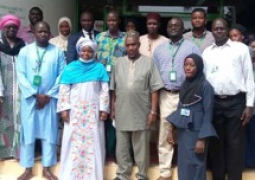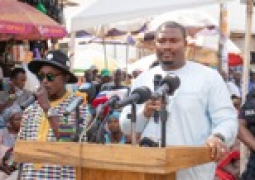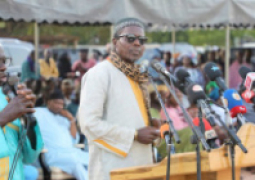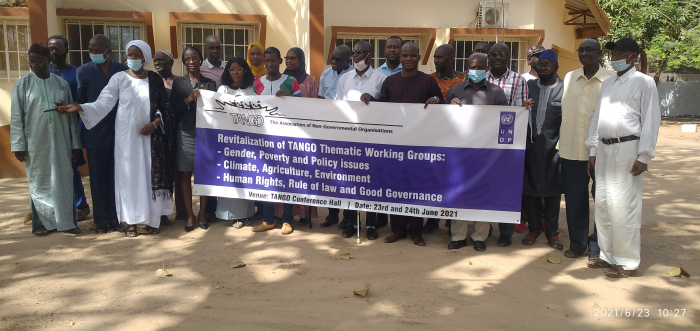
The rationale for the revitalisation of the thematic working groups is to empower TANGO as an umbrella organisation to effectively influence public policy and ensure coordinated development works in The Gambia.
TANGO is not a thematic coalition; rather it has a diverse membership of various themes.
The executive director of TANGO, Ndey Sireng Bakurin explained that thematic groups, which comprises TANGO members and non-members, is created to bring about better coordination, information sharing and partnership building and ultimately ensure that the NGO/CSOs community is recognised as a champion in policy and development work in The Gambia.
TANGO, she went on, has created six thematic groups; Gender, Poverty and policy issues, Climate, Agriculture and Environment Education and Life Skills, Youth, Child rights, Migration and Population Human Rights, Governance and the rule of law, General Healthcare services, and Family Planning and Reproductive health.
“The thematic Working Groups brings together TANGO members and other associates with activities directly related to the issues as it relate to the themes.” The thematic working groups, she added, are centred on key governance and development issues in cognisance of The Gambia’s development blueprint, National Development Plan (2018-2021) and Sustainable Development Goals (SDGs), as well as the challenges it faces.
She outlined that TANGO has a critical role to play in fostering and promoting the consolidation of NGOs and CSOs’ development work experience and achievements, and in ensuring that NGOs have clarity of mission and strategy direction in their development work.
“The creation of the groups also serves as capacity building and accountability mechanism for TANGO as an umbrella organisation to encourage peer review and critical assessment of intervention programmes and chart a way forward collectively and individually.”
Abdou Touray, UNDP representative at the event said UNDP has and will continue to recognise the multiple functions of NGOs in addressing the main challenges of poverty and environmental degradation, governance, conflict, and disaster at all levels.
Touray noted that the sophistication work of NGOs/CSOs in the development arena present new challenges in building creative alliances and strengthening partnerships.
He suggested that establishing SDG platform as one of TANGO’s thematic working groups will not only be strategic, but will also position it as an important actor to both the government and its development partners.
He recommended that TANGO management consider strategic plan because it is important to integrate the resource mobilisation and capacity building plans as part of their strategic outlook and to consider dating it 2022/2027 as many are in doubt whether its implementation will begin this year.
John Charles Njie, chairman of the TANGO board of directors made similar remarks.


